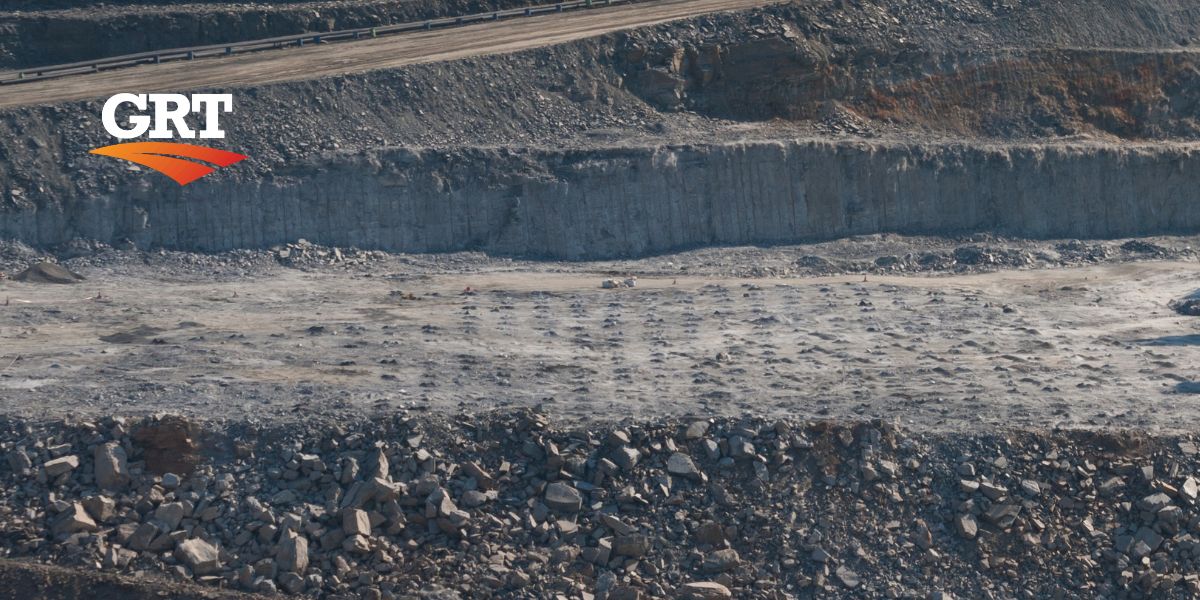Roadways are under constant pressure to perform and to last. As our critical linking infrastructure, a breakdown in the roadway itself can cause havoc to an active community or remote site that depends on it.
Traditional methods of preparing a road base have come and gone as new solutions arriving offer significant improvements to the strength and resilience of our roads.
Soil stabilisation is at the heart of the issue. Underpinning the veins and arteries of our modern transport networks, preparation and soil stabilisation are areas of increased focus in the search for reliability and safety.
Polymer-based soil stabilisation is designed and manufactured to suit a variety of applications, including:
- Public road pavements
- Hardstands
- Lay-down areas
- Through to unsealed haul, rural and service roads
A modern polymer solution will physically and chemically bond soil or pavement particles together, leading to better compressive strength, high-tensile resilience, and water impermeability.
Are environmental regulations, health and safety concerns or potential profit loss a concern right now?
The Heart of Soil Stabilisation
As a common tactic for most road building or improvement projects, soil stabilisation can be thought of in two main terms.
- Mechanical stabilisation, and
- Chemical stabilisation
For definition, mechanical stabilisation is the method of changing soil grading by mixing it with other types of material at different grades.
This method then achieves a compacted soil base.
Chemical stabilisation, on the other hand, is associated with modifying soil properties by the addition of chemically active or polymer materials.
For soil stabilisation, it’s essential to understand the material properties involved in the mix to determine the outcome.
Typical applications for mechanical and polymer-based include:
- Mining
- Land Reclamation and Restoration,
- Agriculture and Landscaping
- Disaster Response and Relief,
- Military and Defense Operations
- Infrastructure and Utilities
However, the process is far from simple, and roadway soil stabilisation needs to consider a range of other factors.
These include mixing, spreading and roller selection to compaction layer thickness, effort, sequence and curing alongside environmental and climatic conditions.
GRT Polymer-Based Soil Stabilisation
GRT’s Polymer Cement Modifier, or PCM, is a class-leading soil stabilisation product with a range of benefits.
PCM has been designed in Australia to provide improved resistance to tensile failure, increase overall strength and prevent cracking of roadways.
PCM is a revolutionary stabilisation polymer that works with pozzolanic agents like cement or lime.
Alongside reducing required pavement thickness, PCM provides the following long-term benefits:
- Reduces fatigue cracking
- Minimises Induced cracks
- Reduction of shrinkage cracks
- Waterproofing
- Better compressive strength
- More tensile strength
- Increased resilient modulus
- And, reduced pavement thickness
PCM also protects against road failure from external forces like settling, heaving subgrades, and high traffic volumes.
This enables cost savings as a base layer can be constructed to total pavement thickness without worrying about reflective cracking.
Regarding road rehab, GRT’s stabilisation products can transform end-of-life and out-of-spec roads and pavements into renewed infrastructure that’s safe, durable and cost-effective.
The flow-on benefits include increased efficiency and productivity alongside reduced maintenance and downtime, health and safety and environmental Impacts.
Summary
Soil stabilisation is a critical aspect when preparing new roadways or refurbishing those that have been worn down and weakened over time.
As our critical linking infrastructure, ensuring roadways are built to last cost-effectively is essential for the operators in the industry.
GRT’s polymer base soil stabilisers offer a range of benefits to new and existing roadways.
And by using the advancing technology methods can deliver better performance and less maintenance over the long term.
For advanced chemical-based soil stabilisation that’s safe and effective, check out GRT’s range of products, like GRT7000 and GRT9000, today!
Your feedback is important to us.
If you enjoyed reading this Global Road Technology industry update and found it informative, please let us know by leaving a REVIEW.
References:
https://www.sciencedirect.com/topics/engineering/soil-stabilization.
Troy Adams
Troy Adams is the Managing Director of Global Road Technology (GRT) Specialising in Engineered Solutions for Dust Suppression, Erosion Control, Soil Stabilisation and Water Management. A pioneering, socially conscious Australian entrepreneur, Troy Adams is passionate about health and safety and providing innovative solutions that are cost-effective to the mining industry, governments and infrastructure sectors. Troy is also a tech investor, director of companies like Crossware, Boost, Hakkasan, Novikov and more.

